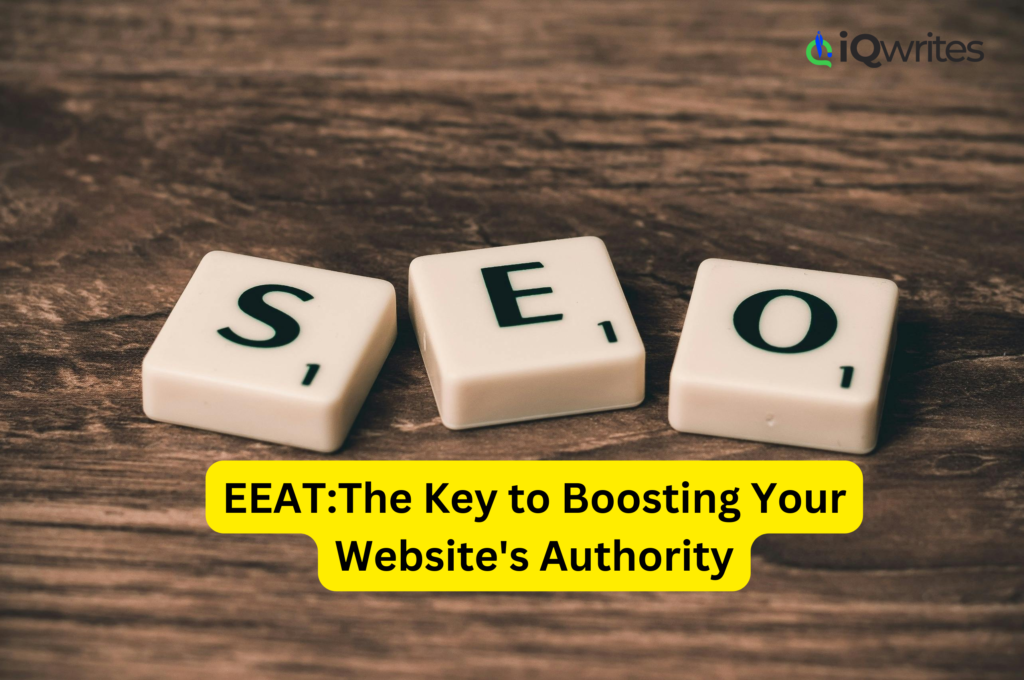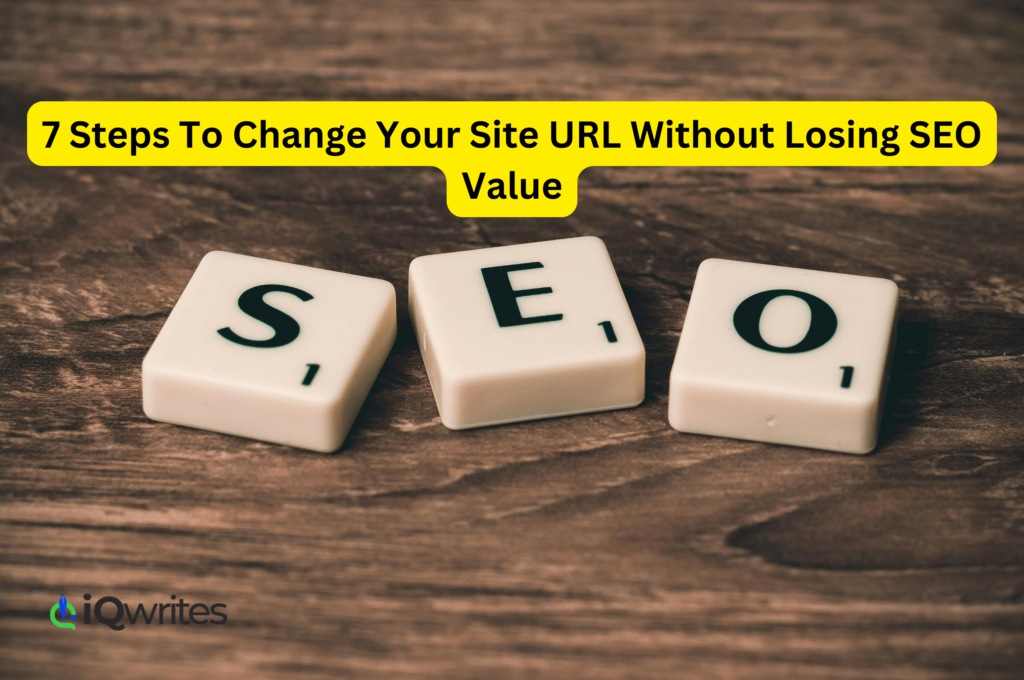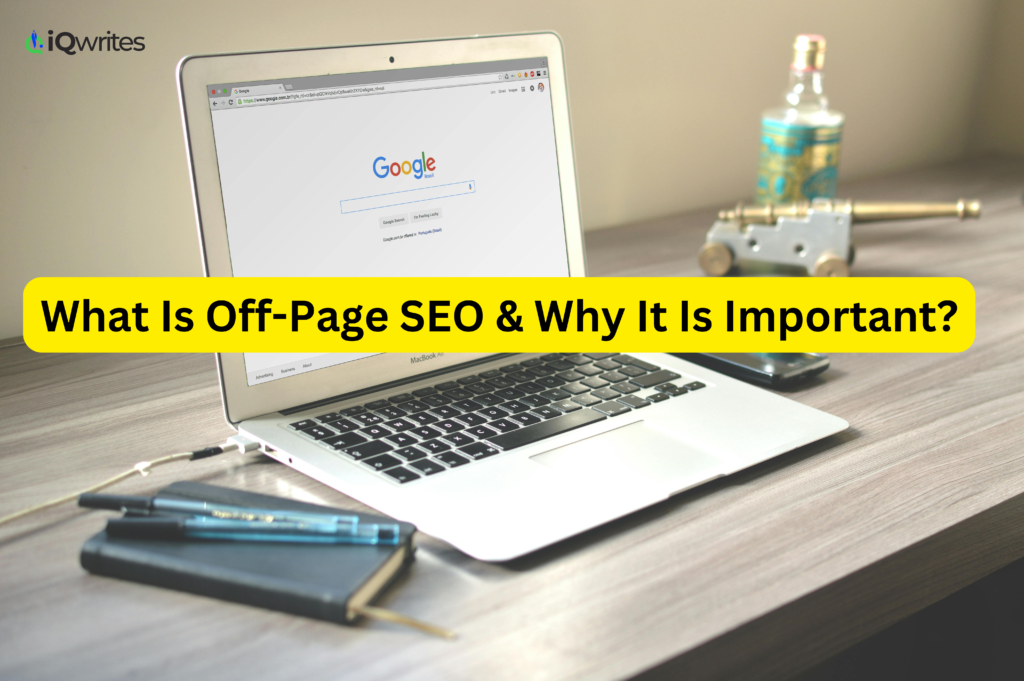In the fast-evolving world of Search Engine Optimization (SEO), Google’s algorithms continuously improve to deliver high-quality and trustworthy content to users. One such essential concept for website owners, bloggers, and marketers to understand is EEAT. This concept is central to improving rankings, building credibility, and providing value to readers.
How to Perform a Comprehensive SEO Audit in 2024?

Let’s break down what EEAT is, why it matters, and how you can optimize your website to align with these principles.
Mastering Internal Linking: The SEO Hack You Need to Boost Your Rankings
What is EEAT?
EEAT stands for:
- Experience
- Expertise
- Authoritativeness
- Trustworthiness
EEAT is part of Google’s Search Quality Rater Guidelines, which evaluate the overall quality of websites and content. While it’s not a direct ranking factor, aligning your content with EEAT principles significantly influences how Google perceives your site.
The Importance of EEAT in SEO
EEAT is particularly vital for websites in YMYL (Your Money or Your Life) categories. These are websites that offer information that could impact someone’s health, finances, safety, or well-being. For example:
- Medical advice websites
- Financial blogs
- E-commerce platforms
Google prioritizes content that is accurate, reliable, and written by credible sources to ensure user safety and satisfaction.
Why EEAT Matters:
- Builds trust with both users and search engines.
- Enhances your online authority, helping you rank higher.
- Improves user engagement and reduces bounce rates.
- Aligns your site with Google’s expectations for quality content.
What Is Off-Page SEO & Why It Is Important?
Breaking Down EEAT: What It Means for Your Content
1. Experience
Google looks for content that demonstrates first-hand experience. Readers trust insights from someone who has actually “been there and done that.”
How to Show Experience:
- Share personal anecdotes and case studies.
- Include real-life examples and photos.
- Write product reviews based on hands-on usage.
Example: If you’re writing a travel blog about Bali, sharing your own experiences, tips, and images will boost the credibility of your content.
2. Expertise
Expertise refers to your depth of knowledge on the topic. Content written by someone qualified in the field performs better.
How to Demonstrate Expertise:
- Mention your credentials, qualifications, or certifications.
- Use research-backed information and statistics.
- Collaborate with industry experts for guest posts.
Example: A fitness trainer writing about workouts should highlight their certifications to establish expertise.
3. Authoritativeness
Authoritativeness focuses on your website’s reputation within the industry. Do others consider your content a trusted resource?
How to Build Authority:
- Earn backlinks from reputable websites.
- Get mentions or quotes in top publications.
- Build an active presence on social media platforms.
- Publish in-depth, high-quality content consistently.
Example: Websites like WebMD or Investopedia are authoritative in their respective niches due to consistent, reliable content and strong external signals.
4. Trustworthiness
Trust is the foundation of EEAT. It ensures your content is accurate, honest, and safe for users.
How to Establish Trust:
- Provide fact-checked, error-free content.
- Use HTTPS for a secure website.
- Include clear contact information and an About page.
- Cite authoritative sources and link to trustworthy websites.
- Add reviews and testimonials for products or services.
Example: E-commerce websites build trust by featuring SSL certificates, detailed product information, and verified user reviews.
How to Optimize Your Content for EEAT?
Here are actionable tips to align your website with EEAT principles:
1. Focus on High-Quality Content
- Write well-researched, original, and comprehensive articles.
- Avoid clickbait or misleading headlines.
2. Highlight Author Credentials
- Include author bios at the end of blog posts.
- Add links to social profiles or portfolios.
3. Earn Backlinks and Mentions
- Outreach to reputable sites for collaborations.
- Create link-worthy content like case studies, infographics, or guides.
4. Ensure a Positive User Experience
- Improve page load speed and website design.
- Optimize for mobile devices.
- Reduce intrusive ads or pop-ups.
5. Keep Content Updated
- Update statistics, facts, and references regularly.
- Remove outdated information to stay relevant.
EEAT and Content Strategy: A Long-Term Investment
EEAT is not about quick wins. It’s a long-term approach to building credibility and trust with both users and search engines. Prioritize quality over quantity and always aim to provide value. By doing so, your website can rank higher, attract loyal visitors, and outperform competitors.
Conclusion
EEAT—Experience, Expertise, Authoritativeness, and Trustworthiness—is a game-changer in modern SEO. By showcasing expertise, building authority, and fostering trust, you can improve your website’s credibility and enhance its search engine performance.
Whether you’re a blogger, business owner, or content creator, focusing on EEAT will position your site as a trusted source in your industry, delivering long-term SEO success.
Need help optimizing your content for EEAT? Contact IQWrites today and let our experts craft high-quality, authoritative content that drives results for your business!

